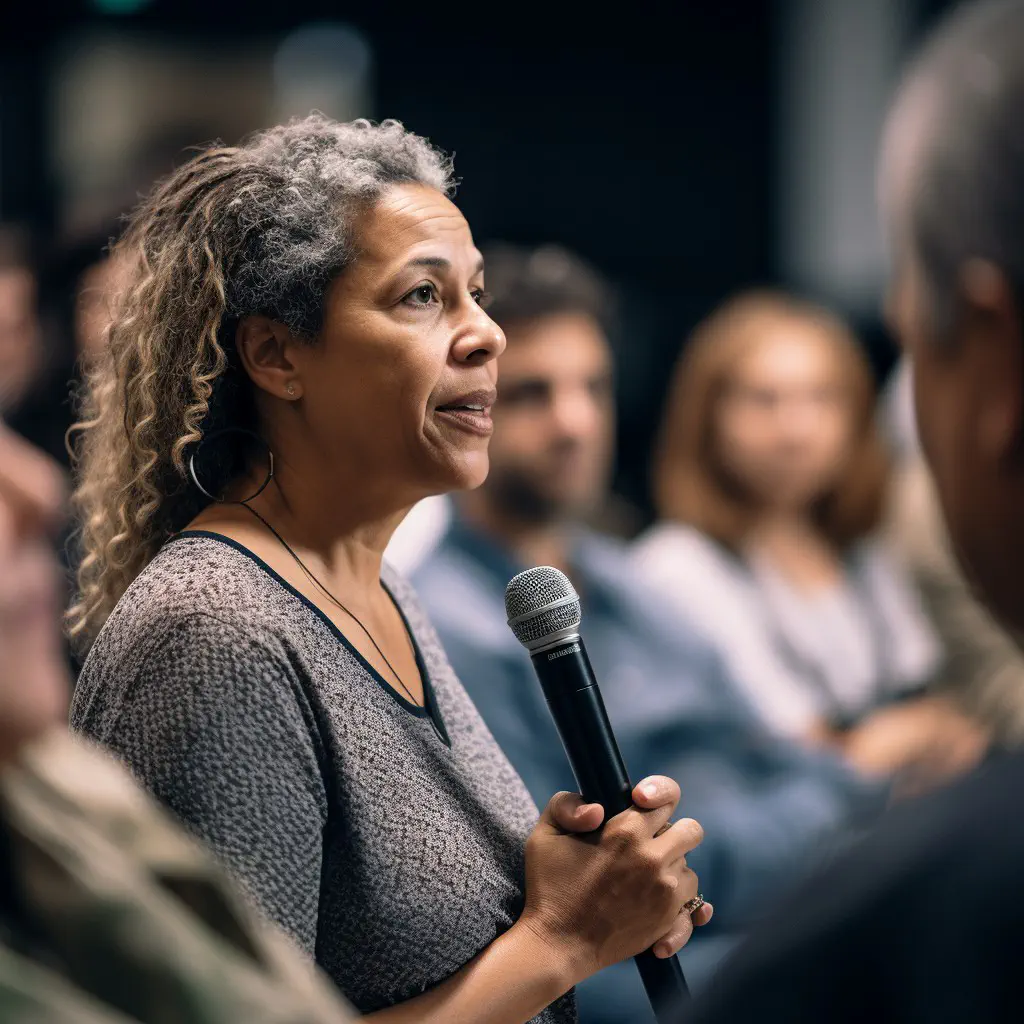
Introduction
Effective communication is a fundamental skill that can help you in both personal and professional settings. From building relationships with others to succeeding in your career, good communication is crucial. It allows you to express yourself clearly, understand others, and resolve conflicts. In this article, we’ll explore the importance of communication, the benefits of improving your skills, and provide practical tips to help you enhance your communication abilities. Whether you’re a seasoned professional or just starting out, everyone can benefit from improving their communication skills. So let’s get started!
The Elements of Communication
Effective communication requires an understanding of the different elements of communication. The three main elements of communication include verbal, nonverbal, and written communication.
Verbal communication
Verbal communication refers to the use of words spoken or written to convey a message. In verbal communication, it is important to choose your words carefully and speak with clarity. It is also important to consider the tone, pitch, and volume of your voice to convey the appropriate message effectively.
Nonverbal communication
Nonverbal communication refers to the use of body language, facial expressions, gestures, and eye contact to convey a message. In nonverbal communication, it is crucial to maintain appropriate body language and expressions that match the context and emotions being communicated.
Written communication
Written communication refers to the use of written words to convey a message. It is essential to use appropriate grammar, spelling, and punctuation when writing. Additionally, it is critical to choose the right medium (email, letter, text message) and format (formal or informal) to convey the intended message clearly.
Tips for Effective Communication
Active Listening
Active listening means giving your full attention to the person you are communicating with. It involves showing interest in what they are saying through eye contact, nodding, and responding appropriately. When you actively listen, you can understand the other person’s point of view, which helps to communicate effectively.
Asking Questions
Asking questions clarify any misunderstanding and helps you to gather more information from the other person. Through questions, you can show interest in the discussion and demonstrate your effort to comprehend their perspective.
Being Clear and Concise
Being clear and concise means expressing your thoughts and ideas in a precise and straightforward manner. It is always better to convey your message in as simple words as possible. Using complicated terminology can create confusion or make the other person lose interest in the discussion.
Managing Emotions
It is essential to manage your emotions while communicating with others. Reactive or impulsive expressions can lead to misunderstandings and negative outcomes. Try to remain calm even in tough situations and express your emotions in a polite and constructive way.
Tailoring Communication to the Audience
Tailoring communication to your audience means making a conscious effort to adjust your language or tone to suit the audience better. You can’t communicate with a child the same way you would communicate with an elder person. Similarly, with different groups, you may need to adjust your delivery method, vocabulary, and other communication strategies.
As you incorporate these tips into your communication style, you will become more effective in getting your message across to others. Practice these skills daily and work towards continuous improvement.
Overcoming Communication Barriers
Communicating effectively can be challenging when facing various barriers that may arise. Here are some potential barriers and strategies for overcoming them:
Language barriers
When communicating with someone who does not speak your language fluently, it can be helpful to:
- Speak slowly and clearly
- Avoid using idioms or colloquial expressions
- Use visual aids or gestures to assist in conveying your message
- Consider hiring a translator or interpreter to facilitate communication
Cultural barriers
Culture plays a significant role in communication. Here are some strategies to overcome cultural barriers:
- Learn about the other person’s culture
- Avoid making assumptions
- Be respectful of differences in communication style
- Confirm understanding by paraphrasing or asking questions
Technological barriers
In today’s digital world, technology can both facilitate and hinder communication. Here are some strategies to overcome technological barriers:
- Ensure that both parties have the necessary technology and equipment
- Be aware of technological limitations and plan accordingly
- Have a backup plan in case of technological failures
Emotional barriers
Emotions can also impact communication. Here are some strategies to overcome emotional barriers:
- Recognize and manage your own emotions
- Listen and empathize with the other person’s emotions
- Stay calm in challenging situations
- Take a break if emotions become overwhelming
By utilizing these strategies, you can increase the likelihood of successful communication even when faced with various barriers.
Conclusion
In today’s fast-paced world, effective communication is more important than ever. It improves relationships, increases productivity, and reduces misunderstandings. By enhancing your communication skills, you can become a better leader, team player, and professional.
Throughout this guide, we have discussed the elements of communication, tips for effective communication, and ways to overcome communication barriers. Remember to actively listen, ask questions, and tailor your communication to your audience. Improve your verbal, nonverbal, and written communication skills to become a better communicator.
In conclusion, take the time to practice and improve your communication skills. Whether it’s at work or in your personal life, effective communication is essential for success. So, start today and become a better communicator!

